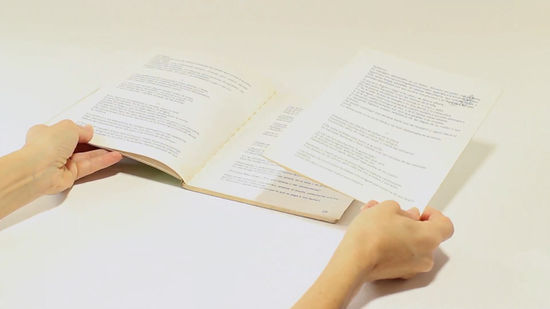A New Way of Reading
The smell of old paper and the soft crack of a book’s spine once marked the rhythm of reading. Yet those moments also carried fragility. A coffee spill could ruin a chapter. A heavy bag could bend a cover until it lost its shape. E-libraries changed that scene by removing the constant worry of wear and tear. Now words stay crisp no matter how often they are read.
Many who turned to digital reading enjoy the sense of freedom it brings. There is no need to patch up a broken binding or search for tape to fix torn edges. The story lives untouched in a file that can be opened anywhere. In fact those who are looking for more options often include Z library in their list since variety and availability play as much of a role in reading as the condition of the page itself.
Beyond the Physical Limitations
Books are more than ink on paper. They hold memory and carry culture. Yet their physical form has always placed limits. A torn page in “Pride and Prejudice” can erase a key part of Elizabeth Bennet’s wit. A warped copy of “The Old Man and the Sea” might hide the power of Hemingway’s sea battle. With e-libraries these barriers vanish. Every word remains as sharp as the day it was stored.
What matters most is not the object but the story that flows through it. E-libraries show that literature does not need to be tied to fragile paper. Stories can now survive moves from city to city or shifts from one generation to the next without losing even a comma. That shift changes the way people think about keeping books safe for the long run.
The New Experience of Collecting
Reading is never just about turning pages. It is about building a relationship with stories and ideas. In the past a shelf of cracked spines stood as a record of years spent reading. Today e-libraries create a new type of archive. A collection becomes a digital library of moments and memories kept together without fear of damage.
To show how this new experience is reshaping reading habits consider these points:
- Convenience without weight
Carrying a book once meant packing extra weight into a bag. The corners bent and the covers wore down with travel. With e-libraries the same journey involves only a device. This changes the way people move through airports or commutes. It is no longer about deciding which book can fit but about choosing which story fits the moment. That sense of choice widens the idea of what a personal library can be.
- Preservation without effort
Collectors once spent hours protecting rare editions. Dust jackets yellowed with time and careful hands guarded brittle pages. E-libraries replace that delicate dance with a simple download. A copy of “War and Peace” will not crumble no matter how many decades pass. The preservation of literature now requires no more than storage space. This means knowledge can be handed down without the anxiety of watching a beloved book fall apart.
- Discovery without borders
Libraries once depended on shelves and catalog cards. Access was shaped by geography and budget. Now discovery is bound only by curiosity. E-libraries make it possible to explore works from every corner of the world. A reader can move from Russian poetry to African folklore within seconds. This type of discovery expands horizons without the limits of space or cost. It creates a sense of wandering through a world of ideas without ever closing the door.
Each of these changes shows that the meaning of collecting has shifted. The pride of a shelf now shares space with the depth of an e-library that can grow without ever filling a room.
Turning the Page Toward Tomorrow
The conversation around e-libraries is not about replacing books but about reshaping the way stories live. The novel read in a café or the essay stored on a tablet carries the same voice of the author without the risk of ruined pages. Stories remain steady companions through all conditions.
Culture has always found ways to keep words alive. From carved tablets to printed books each step has kept the voice of the storyteller safe. E-libraries stand as the next link in that chain. The page does not bend. The spine does not crack. The words remain whole. And in that endurance lies the real comfort of modern reading.


